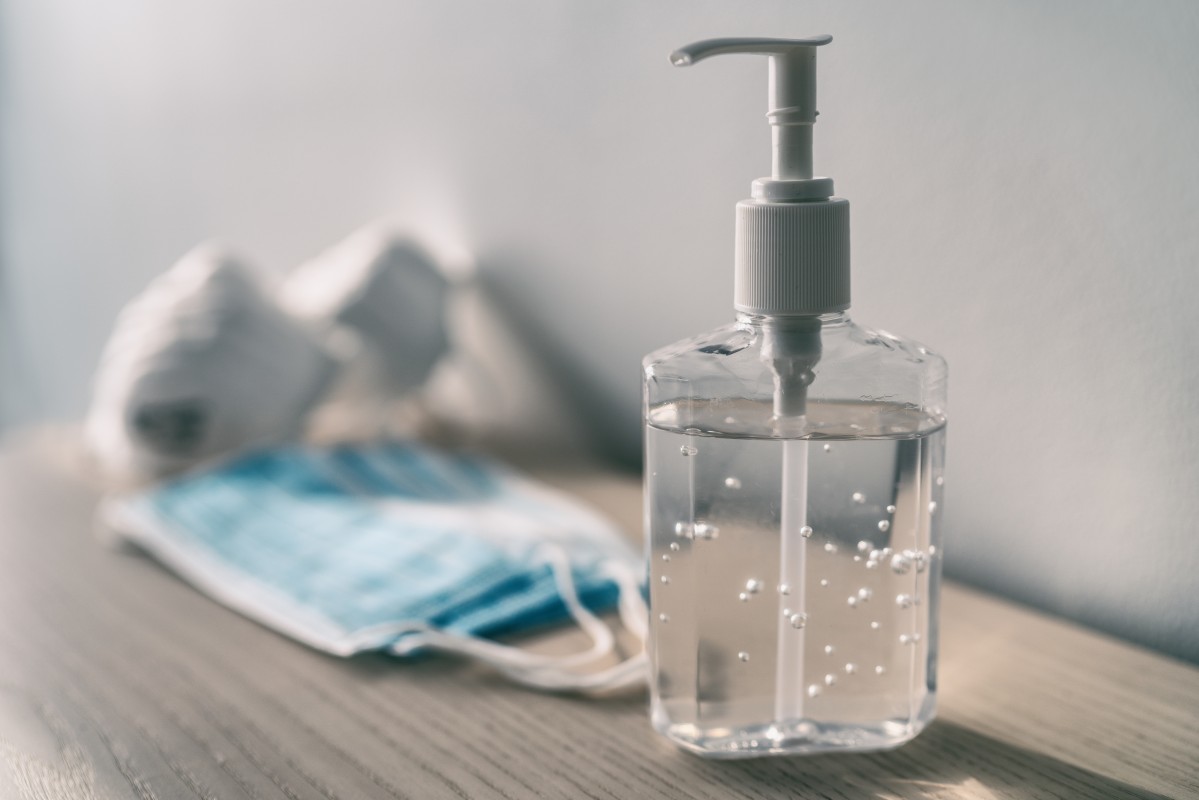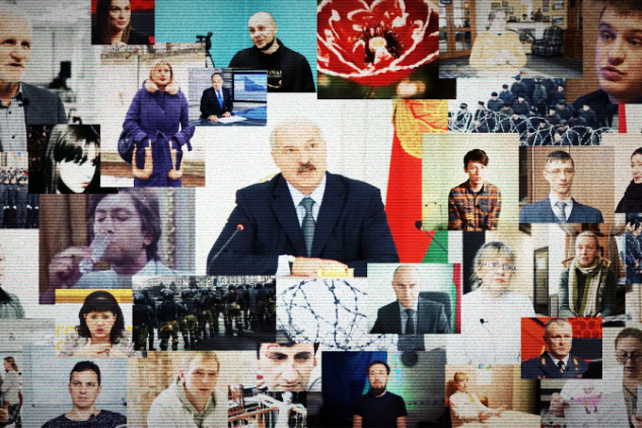“In the current COVID-19 context, people who use drugs face unique needs and risks, due to criminalisation, stigma, discrimination, underlying health issues, social marginalisation and higher economic and social vulnerabilities, including a lack of access to adequate housing and healthcare. Treatment and harm reduction services should continue to be provided to them.” — United Nations Special Rapporteur on the right of everyone to the enjoyment of the highest attainable standard of physical and mental health
Last week, the UN Special Rapporteur on the Right to Health published a strong statement regarding the right to health of people who use drugs, which was endorsed by seven other UN appointed experts including the Special Rapporteurs on housing, privacy, and extra judicial killings, among many others.
The statement not only acknowledges the unique impact of COVID-19 on people who use drugs, but it calls on national governments to recognise people who use drugs as a vulnerable and high-risk population in the context of COVID-19.
A group of organisations working on harm reduction have called on the Special Rapporteur on the Right to Health to provide guidance to states on recognising, promoting, and protecting the right to health of people who drugs during the pandemic.
The UN statement stresses the importance of harm reduction and the essential nature of harm reduction service providers in the current context. It calls on governments around the world to ensure that the right to health is at the centre of their COVID-19 response, by laying out guidelines in seven key issue areas:
-
Access to harm reduction services. The statement from the Special Rapporteur on the Right to Health states that harm reduction services (including opioid agonist therapy, needle and syringe programs, and the distribution of opioid overdose reversal medicine, naloxone) should be available and accessible to all those who need them; that people providing these harm reduction services should be deemed as essential workers; and that exceptional measures must be taken to ensure the safety of harm reduction service providers as they carry out their work (including the provision of protective personal equipment).
-
Access to controlled medicines. The statement asks states to simplify processes related to the supply and distribution of essential controlled medicines, such as those required to treat drug dependence and pain relief medicines for palliative care. This is to ensure that they are available and accessible to all who need them.
-
Women who use drugs. The statement acknowledges the unique challenges that women who use drugs may face. It calls for the uninterrupted continuation and adaptation of gender-sensitive harm reduction services, non-judgmental sexual and reproductive health services and domestic violence services.
-
Homelessness among people who use drugs. The statement calls on governments to enact measures which ensure that people who use drugs who are experiencing homelessness continue to get the social care and harm reduction services they need. And that COVID-related criminal sanctions are not used to target this vulnerable group of people.
-
Prisons and other detention settings (including compulsory drug detention centres). The statement recommends the release of people in prison and other detention settings, who are at-risk because of pre-existing health conditions and for those who have been charged for minor drug offences (with appropriate post-release care), while also ensuring that those released access adequate healthcare and housing
-
Emergency powers. In light of the increase in law enforcement powers during the COVID-19 pandemic, the statement points to the increased surveillance that people who use drugs may be subject to as a criminalised population. It is recommended that states should consider imposing a moratorium on the enforcement of laws criminalising drug use and possession to prevent the unnecessary intake of prisoners and unsafe drug consumption practices.
-
Information and participation. Finally, the UN statement calls on governments to enable the dissemination of critical information on health risks, safe drug use practices, and harm reduction information to people who use drugs.
We have already seen many of the heart-breaking ways in which COVID-19 is impacting the most vulnerable among us. National governments must take the steps required to minimise the brutal impact of COVID-19 on society’s most vulnerable. People who use drugs face unique risks and are one of those vulnerable groups. Policy makers must enact policies to protect the health and safety of all their residents, including people who use drugs.
*Suchitra Rajagopalan is the Communications Officer at Harm Reduction International


